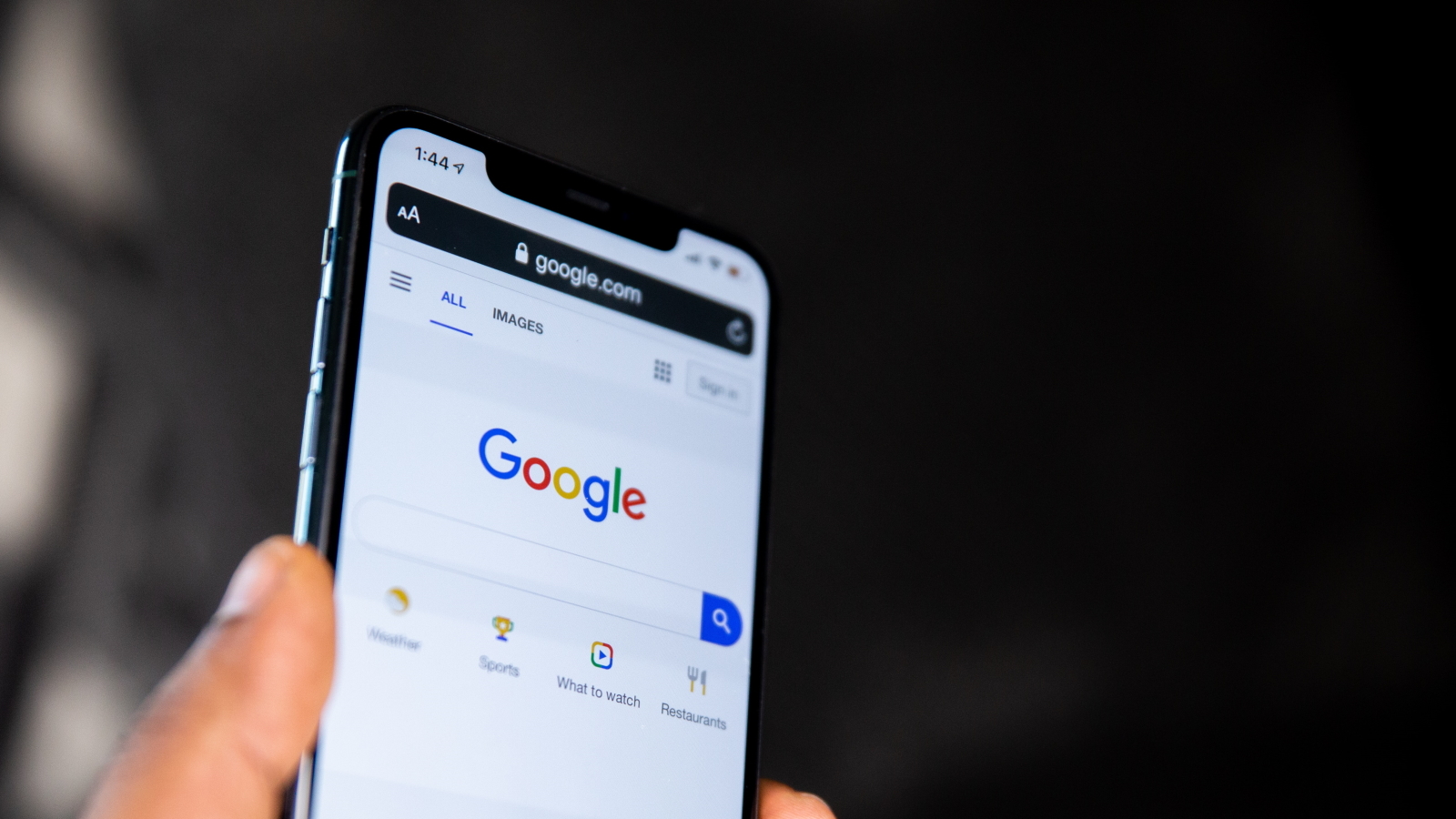Recent lawsuits filed by U.S. states against Google alleging that the company uses deceptive location tracking practices that invade the privacy of users are similar to a case in Australia that found the company guilty of misleading consumers.
Texas filed a lawsuit on Jan. 24, along with Indiana, Washington State and Washington, D.C., against Google alleging that the company engages in deceptive location tracking, according to Texas Standard. The lawsuits accuse Google of using "dark patterns" to mislead users.
"One of the suits says that Google designs its products to push or pressure people to provide more location data, either inadvertently or out of frustration," David Shepardson, who reported on the lawsuit for Reuters, told Texas Standard. "This is about other data that phones collect, beyond just that location history. And Google is able to use that data to continue to amass data about where users are and to help create profiles to help target advertising."
The lawsuits claim the company uses deceptive location tracking to invade the privacy of users, according to Reuters.
"Google falsely led consumers to believe that changing their account and device settings would allow customers to protect their privacy and control what personal data the company could access," Washington, D.C. Attorney General Karl Racine's office said in a statement. Yet Google "continues to systematically surveil customers and profit from customer data," the statement said, calling the practice "a clear violation of consumers’ privacy."
Texas Attorney General Ken Paxton alleges that Google misleads consumers with their location tracking policies. Google "continues to track users’ location through other settings and methods that it fails to adequately disclose," Paxton said.
Washington state Attorney General Bob Ferguson said that in 2020 Google made nearly $150 billion in profits from advertising.
"Location data is key to Google’s advertising business," Ferguson's office said in a statement Monday. "Consequently, it has a financial incentive to dissuade users from withholding access to that data."
The points in the lawsuits have caught the eyes of a congressman.
"The stunning allegations in this bipartisan suit by four attorneys general show, yet again, that tech companies continue to mislead, deceive, and prioritize profits over protecting user privacy," U.S Sen. Richard Blumenthal (D-CT) said. "Congress must urgently meet this moment in the privacy crisis by passing a comprehensive law that provides the privacy protections that Americans need and deserve."
The new lawsuits are similar to a 2021 lawsuit filed in Australia against Google, which found the company guilty of misleading consumers about location data collection. According to an April 21 press release by the Australian Competition & Consumer Commission, an Australian federal court found that Google "misled consumers about personal location data collected through Android mobile devices between January 2017 and December 2018."
"This is an important victory for consumers, especially anyone concerned about their privacy online, as the Court’s decision sends a strong message to Google and others that big businesses must not mislead their customers," ACCC Chair Rod Sims said, according to the press release. "Companies that collect information must explain their settings clearly and transparently so consumers are not misled. Consumers should not be kept in the dark when it comes to the collection of their personal location data."
Google spokesperson Jose Castaneda defended the company and claimed that the issues being brought forward were no longer relevant, stating that the "attorneys general are bringing a case based on inaccurate claims and outdated assertions about our settings. We have always built privacy features into our products and provided robust controls for location data. We will vigorously defend ourselves and set the record straight."
A lawsuit similar to the one filed by Texas was filed by Arizona in 2020, Reuters reported. Google was recently told that the lawsuit will not be thrown out, a course of action argued for by the company. The ruling that the lawsuit should be weighed by a jury came the day after Texas, Washington State and Washington, D.C,. filed similar suits.
Judge Timothy Thomason's ruled that in Arizona, the state can proceed with claims that Google may have engaged in deceptive practices in failing to disclose its location tracking capabilities to phone buyers and app users. However, he threw out a different argument that alleged Google deceives its users by using location data to help sell advertisements.

